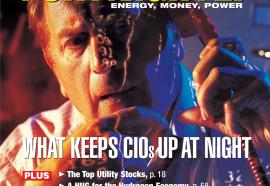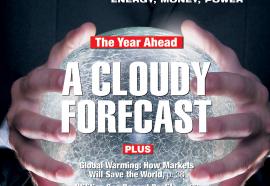A Climate Emergency?
Capacity shortages from global warming should be the real cause for alarm.
Suppose the experts are wrong about climate change. Suppose they’ve underestimated the impact of global warming. Of course, to longtime readers of Public Utilities Fortnightly, the idea that a warming climate might force adjustments in utility resource plans is nothing new.








